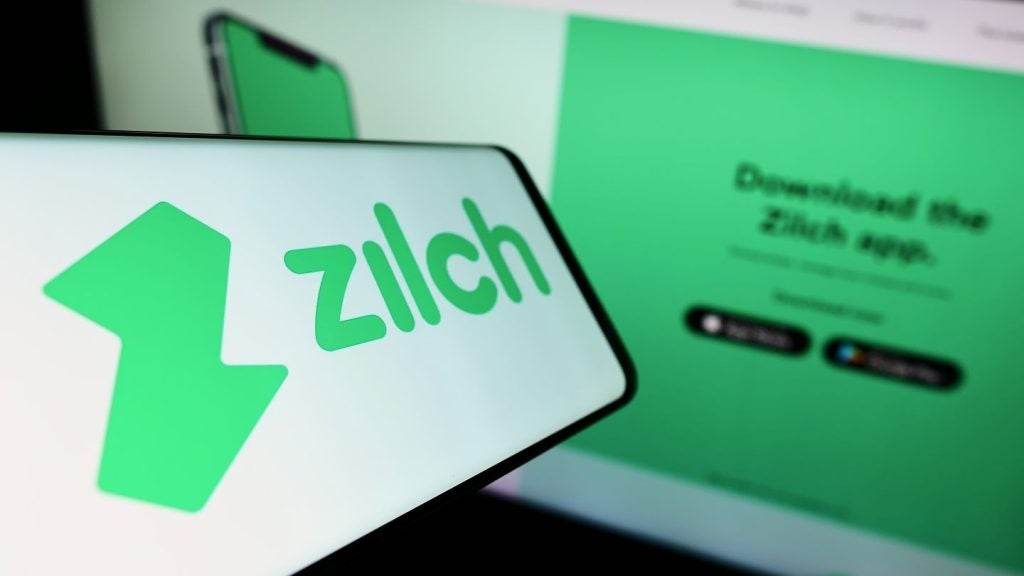Australian digital currency exchange Independent Reserve said that it will now be regulated by the country’s financial intelligence agency AUSTRAC, becoming the first such exchange in the country to be regulated.
AUSTRAC was established in 1989 to monitor financial transactions for money laundering, tax evasion, and terrorism financing activities.

Access deeper industry intelligence
Experience unmatched clarity with a single platform that combines unique data, AI, and human expertise.
According to Independent Reserve CEO Adrian Przelozny, the move would portray Australia as an attractive market for all investors and allow the digital exchange to work more closely with regulated market players such as SMSFs and advisers.
“We have been lobbying for increased regulation since we opened for business in 2014. We passionately believe that the digital currency economy will – and should – become just another part of the mainstream economy. In order for that to happen, digital currency needs to be regulated just like any other asset class,” Przelozny stated.
The view was reiterated by Independent Reserve investor Steve James, who said that the move would enable exchanges to interact more easily with the banking industry.
“While in the past we’ve seen the bigger banks showing reluctance to get involved, now we have higher standards for all operators and I am very confident this will result in much stronger partnerships between traditional and digital currency institutions,” James noted.

US Tariffs are shifting - will you react or anticipate?
Don’t let policy changes catch you off guard. Stay proactive with real-time data and expert analysis.
By GlobalData






